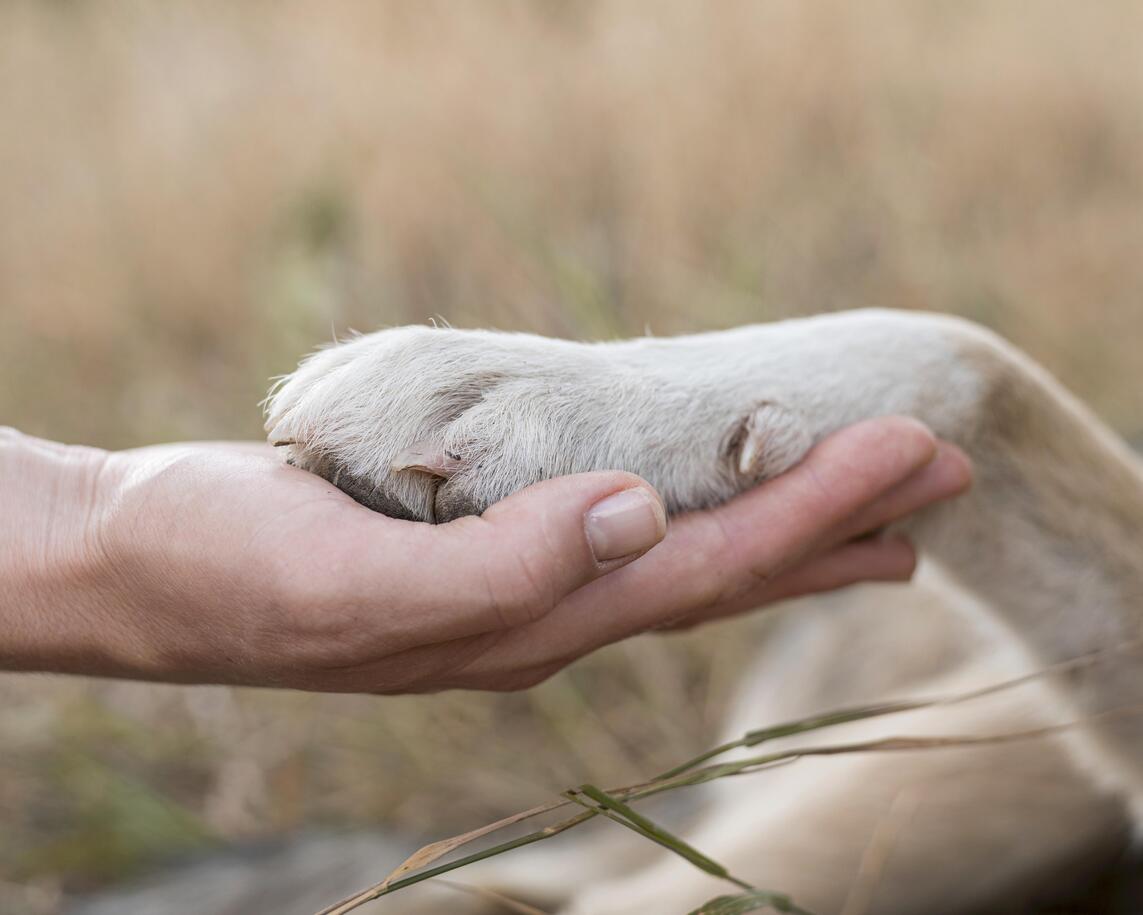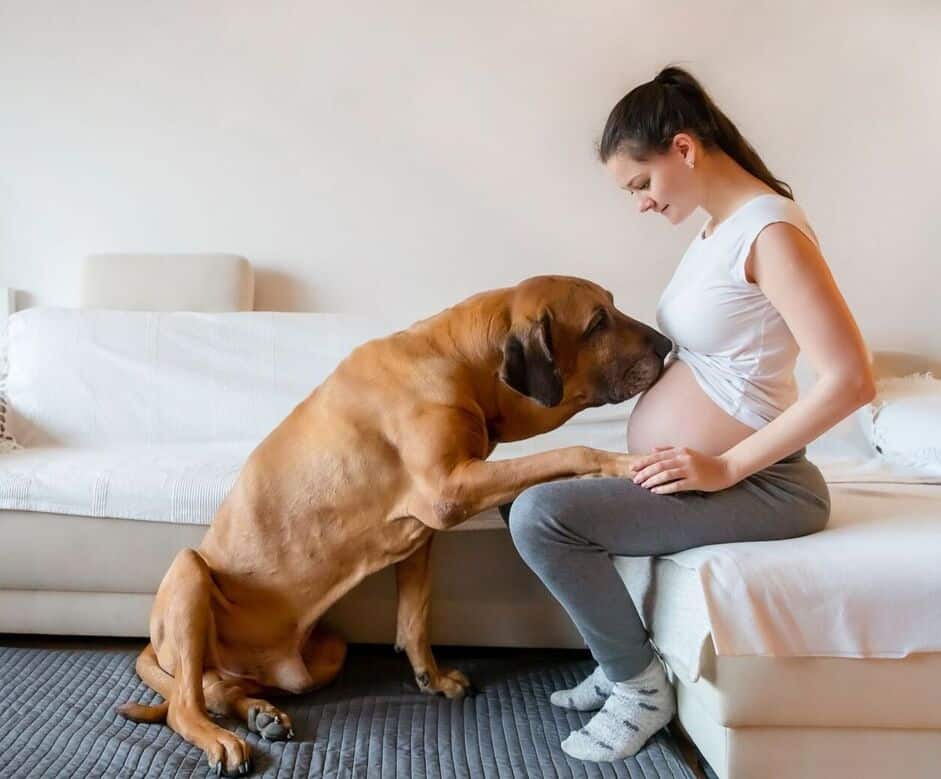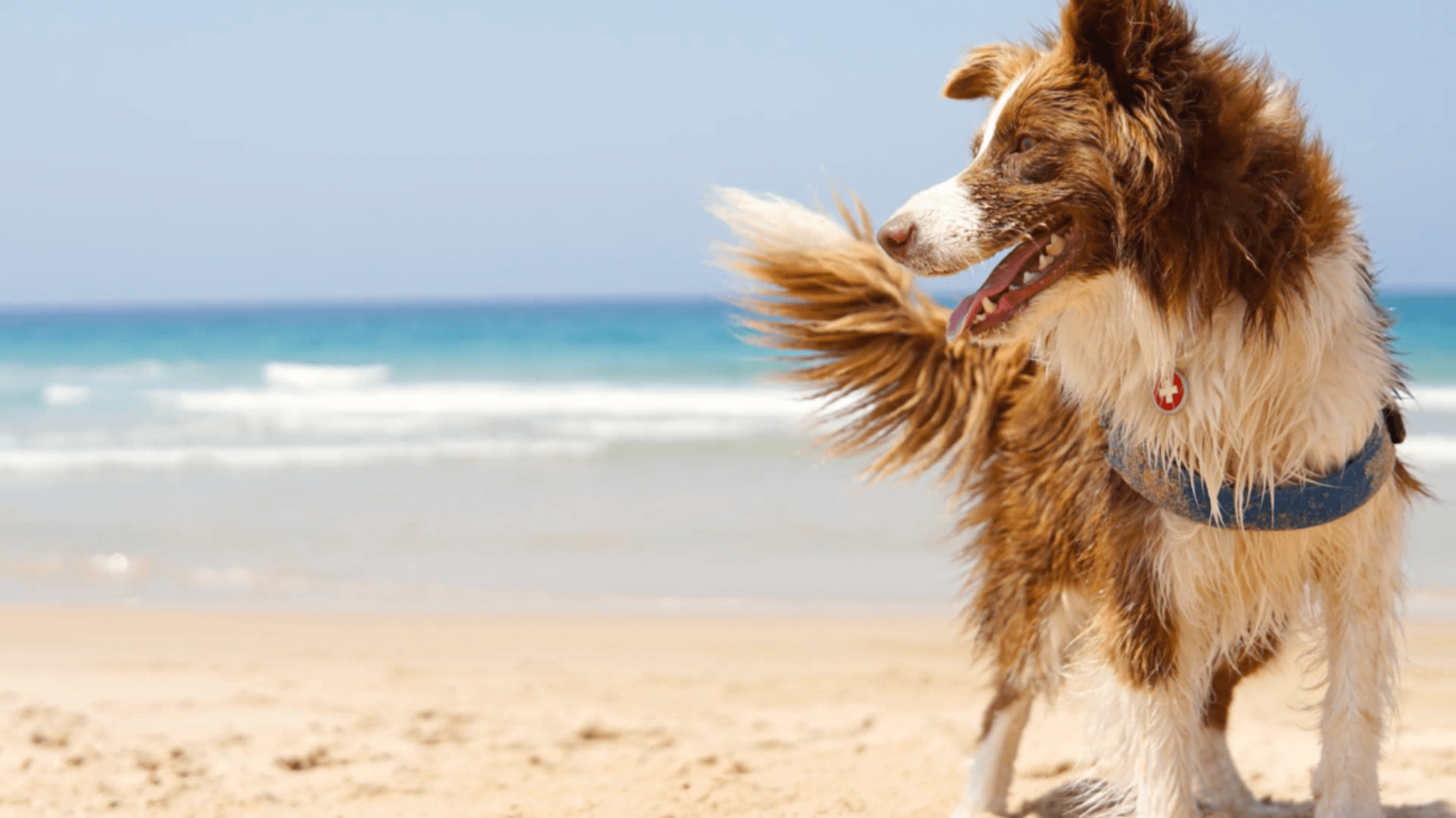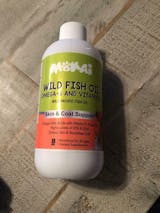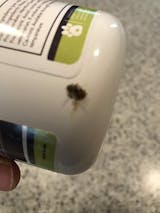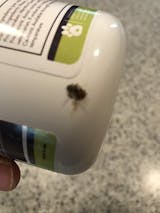From the first COVID outburst, pet owners have been worried about whether our dogs and cats can be in danger of catching it and getting sick. 'Can dogs get covid?' Many pet parents are getting scared, and they also wonder if pets can infect people or if we humans can infect our pets. Even though the exact source of the outburst remains uncertain, there are conclusive studies of SARS-CoV-2 in pets that state this virus does not represent a danger for our pets.
Studies have shown that pets whose owners got COVID-19 were more likely to present antibodies against SARS-CoV-2. This means that if you get sick with covid, there is a big chance that you may infect your pets with the virus. However, it doesn’t work the other way around. If your pet gets infected, the possibility of infecting humans is very low, so there is nothing to worry about.
At this point, there are no recorded cases of sick pets infecting people.
Can dogs get COVID symptoms?
Don’t panic, there is no need to worry. Usually, dogs and cats who get COVID do not present severe symptoms. They tend to be asymptomatic and present mild, or no symptoms. Some of the mild symptoms they can present are fever, a runny nose, lethargy or laziness, and eye discharge, among others.

Besides, dogs and cats in shelters have been tested and, even though some of them had antibodies for SARS-CoV-2, none of these pets have tested positive for COVID. This means the possibility of a dog or cat catching the virus outside their household is practically non-existent.
There are conclusive studies of SARS-CoV-2 that state this virus does not represent a danger for our pets. They tend to be asymptomatic or present mild symptoms.
Taking care of your dog
As we’ve mentioned before, if you get sick with COVID, it is possible for you to infect your pet. And though pets usually are asymptomatic, it’s always better to avoid contact with the virus to stop spreading it.
If you present symptoms of COVID:
- If possible, arrange with someone else to take care of your pet during your period of illness. Your pup will need good care, and you may not be up to the task.
- Avoid contact with your pet, don’t kiss him and don’t let him lick you either,
- When feeding your pet, use a facial mask, and always wash your hands before and after feeding him, in order to reduce the possibility of infection.
Can my dog get omicron?
The Omicron variant is highly contagious, so pet parents seem a little more worried about the possibility of transmitting the virus to their pets. Can dogs get Omicron?
Yes, dogs can get Omicron, just as they can get any COVID-19 variant. However, from a sample of 580 pets whose owners had the virus, only 100 were infected, and from that 100, only 20 present mild symptoms, so there is really nothing to worry about, at least for now.
Last but not least, cats are more prone to get COVID-19 than dogs, according to the Center for Disease Control and Prevention.
Dogs to the rescue
When you think dogs can’t be more awesome, they go and help in a pandemic :)
A recent French study has discovered that dogs can detect COVID-19 in people through their noses with a 91% accuracy. This means their level of precision is even higher than fast lateral flow tests, so dogs can be super helpful to screen COVID-19 in crowded places like airports, stadiums, or theatres. Not only do they recognize the virus in people with symptoms, but they are also able to recognize it in asymptomatic patients.
Naturally, this early screening would later be confirmed by a PCR, but it’s a great start.



